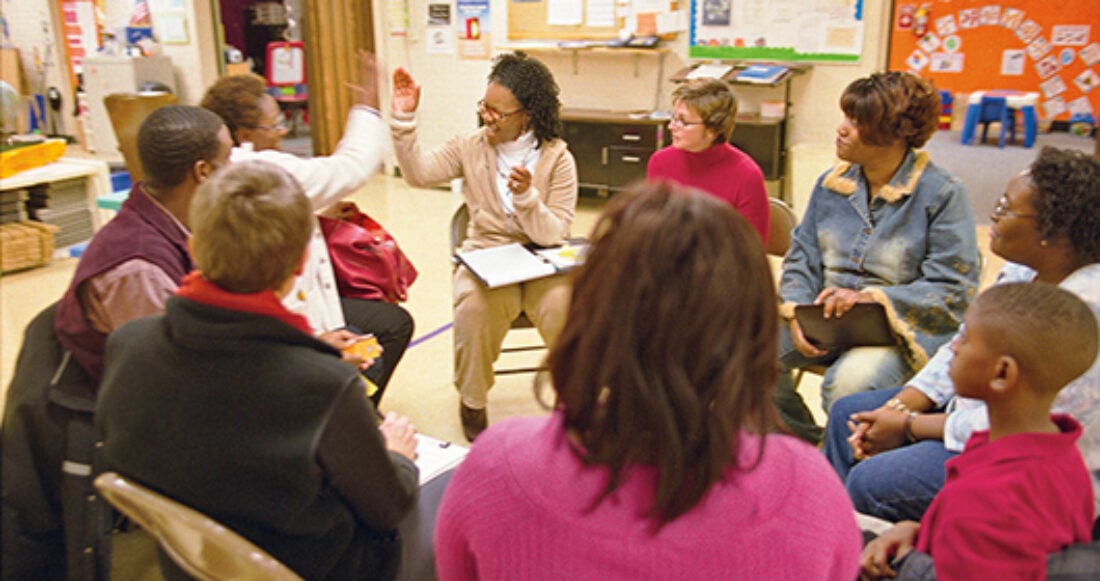The 5-2-2 of Results Count

The Foundation’s unique approach to leadership development — Results Count® — stems from a conviction that results-driven leaders are vital to achieving measurable and lasting improvements for kids and families. Casey’s leadership development programs provide participants with customized leadership skills to help them execute strategies and manage the challenges that come along with efforts to make lasting and effective changes to the systems and services that impact children and families.
The results-based leadership approach is based on five core competencies, two foundational frameworks and two foundational skills — the 5−2−2 of Results Count.
The five core competencies are:
- Be results-based and data-driven, establishing clear targets and using data to assess progress and change course as needed.
- Bring attention to and act on disparities, recognizing that race, class and culture impact outcomes and opportunities for vulnerable children.
- Use oneself as an instrument of change to move a result, based on the belief that individual leaders are capable of leading from whatever position they hold.
- Master the skills of “adaptive leadership,” which makes leaders aware of the impact of values, habits, beliefs, attitudes and behaviors associated with taking action to improve results.
- Collaborate with others, understanding that the capacity to build consensus and make group decisions enables leaders to align their actions and move work forward to achieve results.
The two foundational frameworks are:
- The Theory of Aligned Contributions contends that it is more likely that measurable population level change will occur when the right group of leaders use specific skills to align their actions and make contributions to a specific result.
- The Person-Role-System framework is used to address common barriers to aligned action. Leadership is influenced by a person’s individual preferences and style and personal and professional experiences as well as the role he or she plays in formal and informal systems.
The two foundational skills of results-based leadership are:
- Results-Based Accountability (RBA), an approach used to differentiate between population and program level results, to use data to develop impactful strategies and to establish ways of tracking whether the work is making a contribution to the achievement of results.
- Results-Based Facilitation (RBF), which helps leaders design, lead and contribute in meetings that effectively move groups from talk to action and hold participants accountable for advancing the work.
In places from Seattle to Atlanta, results-based leadership development has helped leaders move together from vision to action to results. Read more about results-based leadership development in the recent report Leading for Results: Developing Talent to Drive Change.





